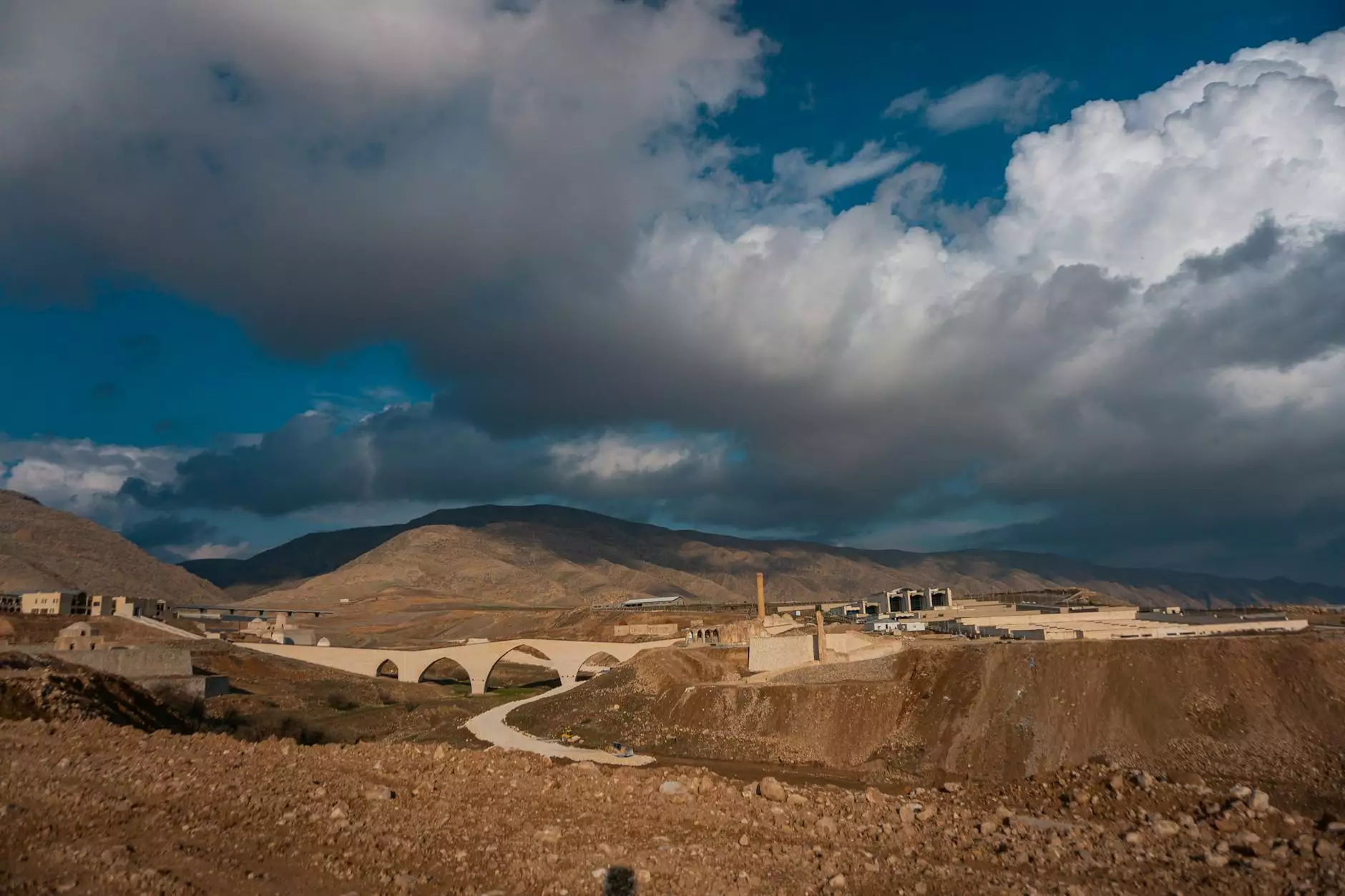The Rise of Organic Wholesale Meat: A Comprehensive Guide

Organic wholesale meat has emerged as a significant choice for consumers and businesses who prioritize health, sustainability, and ethical sourcing in their purchasing decisions. As the global demand for organic products continues to soar, understanding the benefits, sourcing, and implications of organic meat is essential for both consumers and businesses. Below, we explore every facet of organic wholesale meat, from its characteristics to its impact on health and the environment.
What is Organic Wholesale Meat?
Organic wholesale meat refers to meat products sourced from animals raised under strict organic farming practices. These practices ensure that the animals are fed organic feed, have access to outdoor spaces, and are not treated with antibiotics or growth hormones. This category includes various types of meat, such as beef, pork, chicken, and lamb. The organic certification process mandates compliance with rigorous standards set forth by various regulatory bodies.
The Health Benefits of Consuming Organic Meat
Choosing organic wholesale meat over conventional meat offers numerous health benefits. Here are some of the key advantages:
- Reduced Antibiotic Resistance: Organic farming restricts the use of antibiotics, minimizing the risk of antibiotic-resistant bacteria that can affect human health.
- Higher Nutritional Value: Studies have shown that organic meat may contain higher levels of beneficial nutrients, including omega-3 fatty acids, compared to conventionally raised meat.
- Lower Risk of Chemical Exposure: Organic meat is free from harmful pesticides, herbicides, and synthetic fertilizers, reducing the risk of chemical exposure.
- Better Animal Welfare Standards: Animals raised organically typically experience better living conditions, which can lead to healthier meat.
The Environmental Impact of Organic Meat Production
The production of organic wholesale meat significantly impacts the environment. Some positive effects include:
- Improved Soil Health: Organic farming practices enhance soil quality through crop rotation and composting, resulting in healthier ecosystems.
- Biodiversity Promotion: Organic farms tend to support a greater diversity of plant and animal species, contributing to ecosystem resilience.
- Lower Carbon Footprint: Organic meat production generally requires fewer fossil fuels due to sustainable farming practices.
How to Source Quality Organic Wholesale Meat
Sourcing organic wholesale meat requires attention to quality and verification. Here are some key steps to ensure you are obtaining the best products:
1. Certification Verification
Always look for organic certification on the product packaging. Trustworthy sources will display their certification prominently, ensuring compliance with organic farming standards.
2. Investigate the Source
Research the farms or suppliers you are purchasing from. Ensure they practice sustainable and humane farming methods. Transparency from suppliers is a good sign of trustworthy practices.
3. Understand the Supply Chain
Knowing the journey of the meat from farm to table informs you about its freshness and quality. A shorter supply chain often means fresher products.
4. Establish Relationships with Suppliers
Building relationships with local organic meat suppliers can result in better prices, higher quality, and a steady supply of meat that meets your needs.
Consumer Demand for Organic Wholesale Meat
The demand for organic wholesale meat has been on a steady rise. Here are some factors contributing to this trend:
- Health Consciousness: Today's consumers are increasingly health-oriented, seeking out products that align with their health goals.
- Ethical Considerations: An increasing awareness of animal welfare and farm sustainability drives consumers towards organic options.
- Environmental Awareness: Consumers are motivated by the desire to support environmentally friendly farming practices.
Challenges in the Organic Meat Supply Chain
While the organic meat industry is flourishing, it is not without its challenges:
- Higher Costs: Organic meat often comes at a higher price point due to the costs associated with organic farming practices.
- Limited Availability: Depending on your region, accessing quality organic meat can be challenging, affecting supply and pricing.
- Regulatory Barriers: Strict certification requirements can impose challenges on farmers looking to transition to organic practices.
Integrating Organic Wholesale Meat into Business
For businesses, offering organic wholesale meat can be a significant differentiator in a competitive market. Here are some tips on integrating organic meat into your offerings:
1. Market Research
Conduct thorough market research to understand consumer preferences and tailor your offerings accordingly.
2. Supplier Partnerships
Form partnerships with certified organic meat suppliers to ensure a consistent and reliable source of high-quality products.
3. Educate Your Staff
Your staff should be well-informed about the benefits of organic meat to effectively sell it to customers and answer any inquiries.
4. Promote Sustainability
Highlight the sustainable practices involved in sourcing and selling organic meat as part of your marketing strategy.
Conclusion: The Future of Organic Wholesale Meat
The future of organic wholesale meat looks promising, with growing consumer awareness and demand for sustainable and health-conscious food options. Businesses that embrace organic practices can benefit from a dedicated customer base willing to pay a premium for quality meat.
As the industry continues to evolve, staying informed and adaptable will be crucial for businesses aiming to succeed in the organic meat market. Embracing organic wholesale meat is not just a trend; it’s a commitment to improving health, supporting sustainable practices, and promoting ethical treatment of animals.
By prioritizing organic meat in your shopping habits, or implementing it in your business strategy, you contribute to a healthier planet and a better food system for all.









